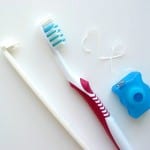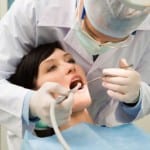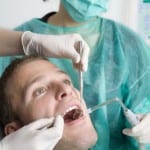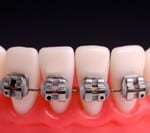 For many adults, visiting the dentist can be a daunting experience and it is the case that a lot of these individuals suffer from anxiety or dental phobia. However, going to the dentist is really important and should be done regularly. To beat the onset of dental anxiety in adulthood, it is beneficial to introduce children to their dentist from an early age.
For many adults, visiting the dentist can be a daunting experience and it is the case that a lot of these individuals suffer from anxiety or dental phobia. However, going to the dentist is really important and should be done regularly. To beat the onset of dental anxiety in adulthood, it is beneficial to introduce children to their dentist from an early age.
Why children should visit the dentist
If children are introduced to the dentist from an early age, they will get used to going to the dentist and can form a trusting and friendly relationship. This bond will go a long way to preventing any negative conditions that can come about as a consequence of not caring for your teeth, which means the child should require less treatment in the future.
Most parents don’t take their children to the dentist until they start school, but with dentists it is said that parents should do this within the first year of their life. Increasingly, young children are suffering from preventable illnesses such as tooth decay, and dentists are seeing children as young as two with cavities – so it is important that children attend regular check-ups.
Oral health problems in children
The increasing number of children with oral health conditions is attributed to the modern diet, which increasingly consists of convenience foods and sugary, fatty snacks. Parents struggle to control what their children eat as shops are full of chocolate bars, sweets, cakes, biscuits and crisps – all these foods can increase the amount of bacteria in the mouth, which can lead to plaque build-up. Plaque is a sticky substance that clings to the surfaces of the teeth, leading to the production of harmful acids that attack the enamel surfaces of the teeth and make them more vulnerable to decay.
In order to prevent harmful oral health conditions, it is important that children learn how to look after their teeth and gums. This involves learning about oral hygiene as well as healthy eating and the potential dangers related to poor oral health.
















